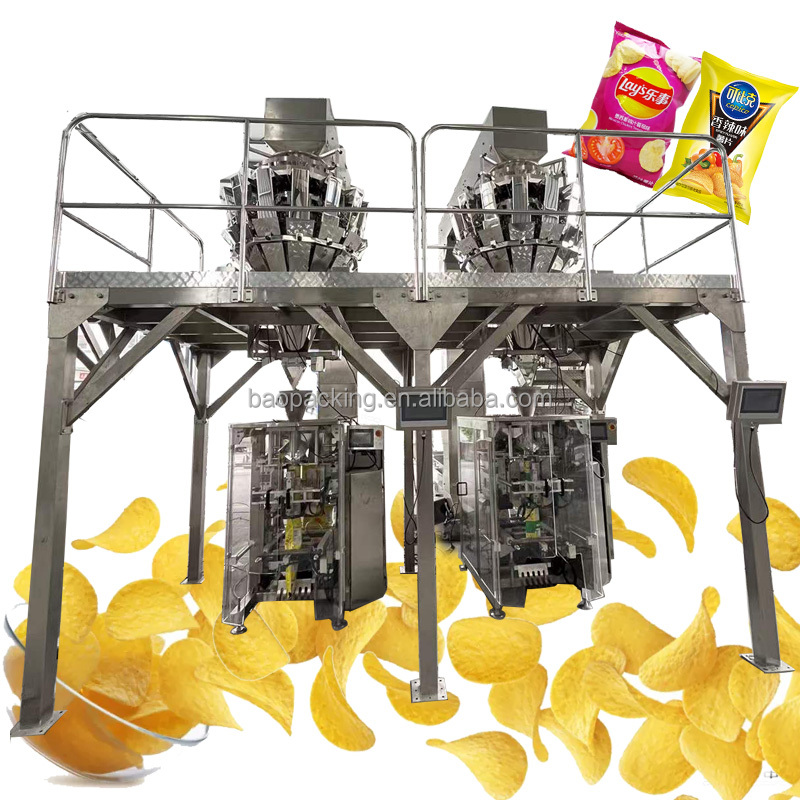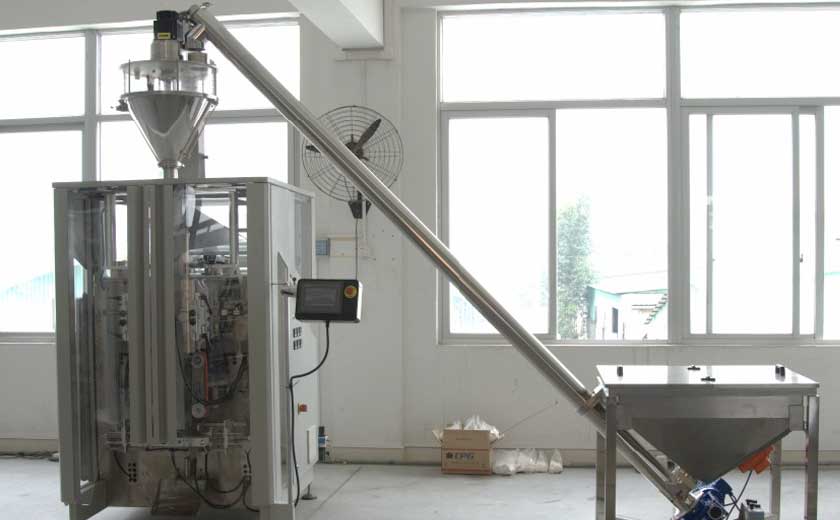The Importance of Calibration in Automatic Weight Filling
In the modern manufacturing landscape, automated weight filling machines play a crucial role in ensuring the accuracy, efficiency, and overall quality of production processes. Calibration, the process of ensuring that these machines dispense the correct weight of product, is paramount to maintaining optimal performance and compliance with industry standards. This article will delve into the significance of calibration in automatic weight filling, exploring its multifaceted benefits and implications for businesses.
Accuracy and Precision
Calibration is essential for achieving precise and accurate weight dispensing. Weight filling machines rely on an array of sensors, actuators, and control systems to determine the weight of the dispensed product. Regular calibration ensures that these components are functioning within specified tolerances, eliminating errors and discrepancies that could lead to under or overfilling. By maintaining accuracy, businesses can meet regulatory requirements, minimize product waste, and protect their brand reputation.
Efficiency and Productivity
Proper calibration significantly improves the efficiency and productivity of automatic weight filling operations. When machines are accurately calibrated, they dispense the correct weight of product consistently, reducing the need for manual adjustments or rework. This streamlined process reduces downtime, increases productivity, and enables businesses to meet higher production targets. Moreover, accurate weight dispensing eliminates the need for manual rework, further enhancing operational efficiency.
Compliance and Regulations
In many industries, compliance with specific weight filling regulations is mandatory. Failure to meet these regulations can result in fines, product recalls, and damage to a company’s reputation. Calibration is a critical element of regulatory compliance as it ensures that weight filling machines are operating in accordance with established standards and guidelines. By maintaining proper calibration records, businesses demonstrate their commitment to quality and compliance, reducing the risk of penalties or legal liabilities.
Cost Savings and Profitability
Calibration plays a significant role in cost savings and profitability. Accurate weight dispensing minimizes product waste and overfilling, saving businesses valuable resources. Additionally, calibrated machines require less maintenance and repairs, reducing downtime and maintenance costs. By optimizing performance and reducing waste, calibration directly contributes to increased profitability.
Customer Satisfaction and Brand Reputation
Accurate weight filling is crucial for customer satisfaction and maintaining a positive brand reputation. Customers expect to receive products that meet the advertised weight specifications. Calibrated machines consistently dispense the correct weight, ensuring that customers receive value for their money. Conversely, inaccurate weight dispensing can lead to dissatisfaction, negative reviews, and reputational damage.
Calibration is indispensable for the optimal performance of automatic weight filling machines. It ensures accuracy, precision, efficiency, and compliance, ultimately translating into cost savings, increased profitability, and enhanced customer satisfaction. Businesses that prioritize calibration reap the benefits of reduced waste, improved productivity, and a strong brand reputation. Regular calibration is not merely a recommended practice but a strategic investment that pays dividends in the long run.
-

Overview of Packaging Machine Buying Guides
08-01-2024 -

How Does a Vertical Form Fill Seal Machine Work?
30-10-2023 -

Advancements in Auger Powder Filling Technology
27-10-2023 -

A Deep Dive into Automatic Packaging Machines
26-10-2023 -

The Revolutionary Fully Automatic Potato Chips Packaging Machine
20-09-2023 -

How to choose the right packaging machine?
23-08-2023 -

Reducing Waste And Maximizing Yield With Multihead Weigher Machines
15-03-2023 -

Nuts Packaging Machine for Dry Products Perservation
26-11-2022 -

Is Automated Biscuit Packaging Machine Better Than Manual Opeartion?
25-11-2022





